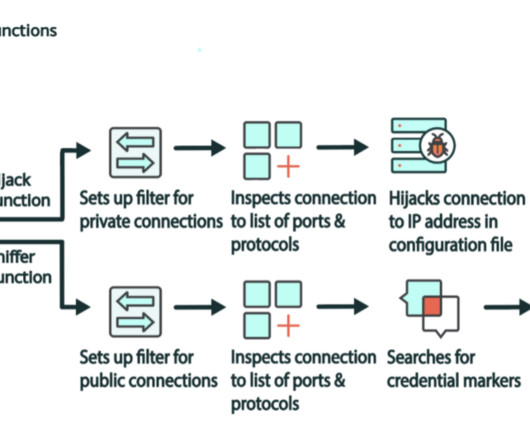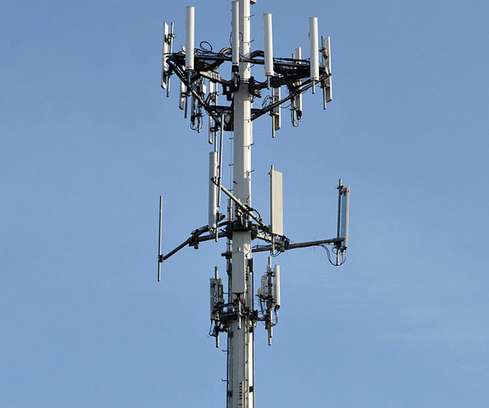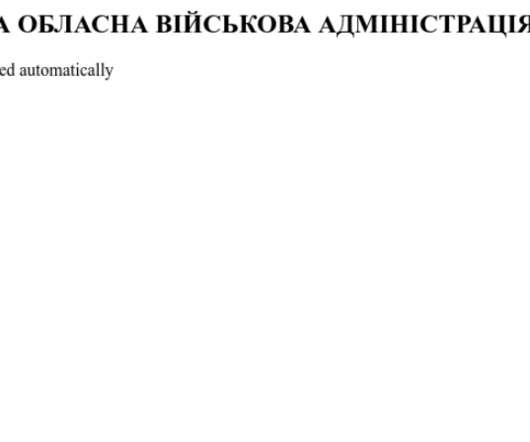Cuttlefish malware targets enterprise-grade SOHO routers
Security Affairs
MAY 1, 2024
The malicious code can also perform DNS and HTTP hijacking within private IP spaces. “What makes this malware family so insidious is the ability to perform HTTP and DNS hijacking for connections to private IP addresses. Additionally, it can interact with other devices on the LAN and transfer data or deploy new agents.


















Let's personalize your content